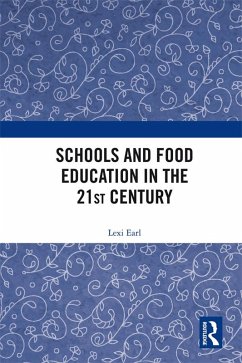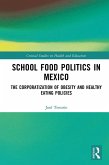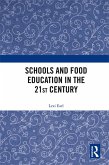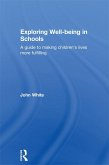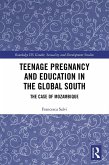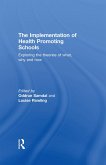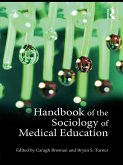The book's unique contribution is to identify the discourse of foodieness and to show how this discourse, whilst seemingly universal, is actually situated in middle-class ideas and is therefore more easily taken up by certain schools. The book argues that the classed nature of foodieness leads to certain food knowledges becoming marginalized or lost and this then positions some schools in tension with their local communities, resulting in widely variant food experiences for children. Earl demonstrates how foodieness is taken up in schools by first exploring how the foodscape at school is shaped by policy and media sources. The book then examines how foodieness is taken up by schools with different SES profiles by showing how food moves through the school day.
Asking critical questions on class and poverty that are often overlooked, this book will be of interest to researchers, academics and students working on food issues related to teaching, food, policy and schools in the fields of education, sociology and food studies. It should also be of interest to policymakers, parents and teachers.
Dieser Download kann aus rechtlichen Gründen nur mit Rechnungsadresse in A, B, BG, CY, CZ, D, DK, EW, E, FIN, F, GR, HR, H, IRL, I, LT, L, LR, M, NL, PL, P, R, S, SLO, SK ausgeliefert werden.

